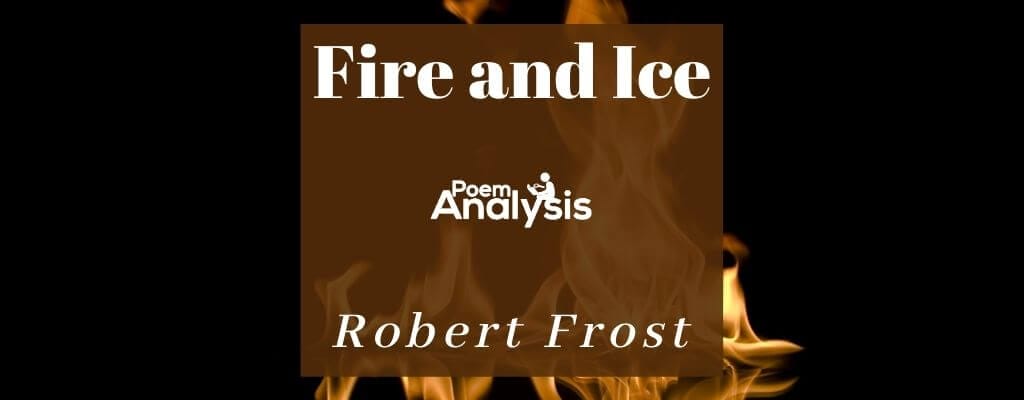Throughout history, there has always been a seeming fascination with how the world will end. In recent years, these discussions have centered around nuclear disaster, immense climate change, and general cynicism. Two thousand years ago (give or take), the Revelations chapter was added into the Christian Bible, detailing a prophetic vision of the end of the world. This has long been a topic embedded in the human psyche. At some point between the present and Revelations’ authorship (closer to the present though), Robert Frost added his own ideas to the mix, and the result was ‘Fire and Ice’, one of his most well-known poems, and certainly one of his most powerful ones. This poem is known for its simplicity and biting message, as well as its call to stop and think, offering a different perspective on the end of everything.
Fire and Ice Robert FrostSome say the world will end in fire;Some say in ice.From what I've tasted of desireI hold with those who favor fire.But if it had to perish twice,I think I know enough of hateTo know that for destruction iceIs also greatAnd would suffice.
Fire and Ice Analysis
A lot of thought most definitely went into the creation of this poem. ‘Fire and Ice‘ is written as a series of nine lines, alternating between three rhyming sounds — ABA ABC BCB being the rhyming summary for ‘Fire and Ice‘. It features a narrator describing the end of the world in their own vision, and it’s largely simplistic.
Lines 1-2
Some say the world will end in fire,
Some say in ice.
These first few lines describe the disagreement in general society on the topic of how the world ends. In a modern sense, “fire” and “ice” could well be stand-ins for “nuclear disaster” and “climate change.” Frost’s use of “fire” and “ice,” however, is largely a metaphoric decision that opens the poem up to different kinds of interpretation. Ice and fire, of course, are opposites of one another, suggesting that most people have entirely opposing views on the apocalypse — after all, the world can’t end in ice and fire at the same time. Ice and fire also represent two extremes which, on a grand enough scale, could cause immense damage, and are fitting metaphors for harbingers of death.
Lines 3-4
From what I’ve tasted of desire
I hold with those who favor fire.
Here the speaker provides their own opinion — they equate fire with desire, which is to suggest that it is equal with passions, with greed, with rage. Fire is being used as a metaphor for strong, consuming emotions such as desire. It is a fitting analogy — in a candle or a fireplace, fire shows a person the way. It is warmth and light. In the same way, small desires are no trouble at all and can guide a person to the things they want in life. On a large scale, however, fire consumes and destroys, and so too does desire. The speaker recalls their experiences with a strong desire and tends to believe that it is those kinds of emotions and impulses that lead the world down its irrevocable path. For the speaker, the world will end in fire.
Lines 5-9
But if it had to perish twice,
I think I know enough of hate
To say that for destruction ice
Is also great
And would suffice.
As a close opposite to the burning desires the speaker sees as being so dangerous, the ice is also a concern in their mind. They believe the world will burn, in one form or the other, and that would end it — but if it didn’t end, and the fire wasn’t enough, the remainder of the poem says, then they believe the ice could manage the feat as well. As an opposite to a burning flame, a chilling sheen of ice represents hatred to the speaker. They think of it as something that would chill the world, slow it down, and isolate each individual enough that the human race simply couldn’t survive it. The potential for ice “would suffice,” and even though they tend to believe in the destructive power of desire, they see no reason to believe that hate couldn’t end the world just as easily.
Historical Context
The point of ‘Fire and Ice‘ seems to get at the idea that arguing over how the world ends isn’t going to delay or prolong the arrival of the event. For the speaker of the poem, presumably in the voice of Robert Frost, it really doesn’t matter whether it’s one thing or another that makes things bad. What matters is what is done about the heat or cold (ironically, the other one, though the desire-hatred metaphor doesn’t work so well as a way to balance out the other). In a way, this poem is a call to act, to stop arguing about the how — “how will this happen?” — and start debating the what — “what can we do to stop it?”
The poem was written and published in 1920, and eventually republished in Frost’s 1923 volume, New Hampshire. It was reportedly inspired greatly by Dante’s Inferno, particularly in the descriptions of Hell (interestingly described as having nine layers or rings in the story — and ‘Fire and Ice’ being a poem of nine lines). Inferno also describes the deepest aspects of Hell as being simultaneously burning with flame and being submerged in unbreakable ice.
Another event of note is a recollection by American astronomer Harlow Shapley, who recalled meeting with Robert Frost and discussing the end of the world. Shapley claims to have told Frost that the world would end either when the sun exploded and incinerated the planet, or when the sun exploded and failed to incinerate the planet, leaving all remaining life on the planet to wither, freeze, and die.
For Frost in 1920, life had certainly had its good days and bad days. During this time in his life, he had begun teaching and writing as full-time professions while he lived on a farm in New Hampshire. 1920 was also the year he needed to commit his sister to a mental hospital, which marked the beginning of a difficult time for the family — which had already seen its fair share of grief, as, by this time, Frost’s parents had both passed away, and Frost himself was battling depression amidst everything else. In this context, it is hardly surprising that his work took on a grim look at the world, and that a topic such as the end of the world should rise out of these hard times. Despite this, it manages to be a powerful and thought-provoking work of art that has remained relevant and remembered decades after its original printing.





moro miten mene minun mies
kuka on moro?
hi
Hello.
pog
Loved that game as a kid!
what a pogchamp
Is that somebody who is amazing at the 90’s game Pogs? That needs to make a comeback.
I think this poem describe political situations of post world war period. At that time world came out of danger of war still European countries are in full desire and countries like Germany was in full hareted. Common people think that world will end either in fire or ice. And poem publish/written in such period which be interpreted as mirror of political situations.
That is a really astute observation and seems to fit.
and i oop- sskskskskskskskksksk
I guarantee you wear scrunchies and use a metal straw!